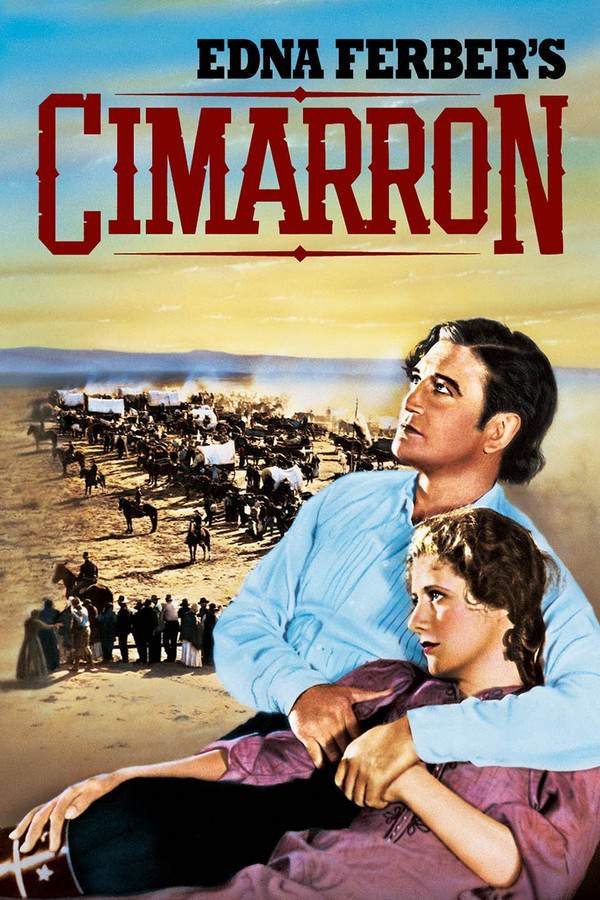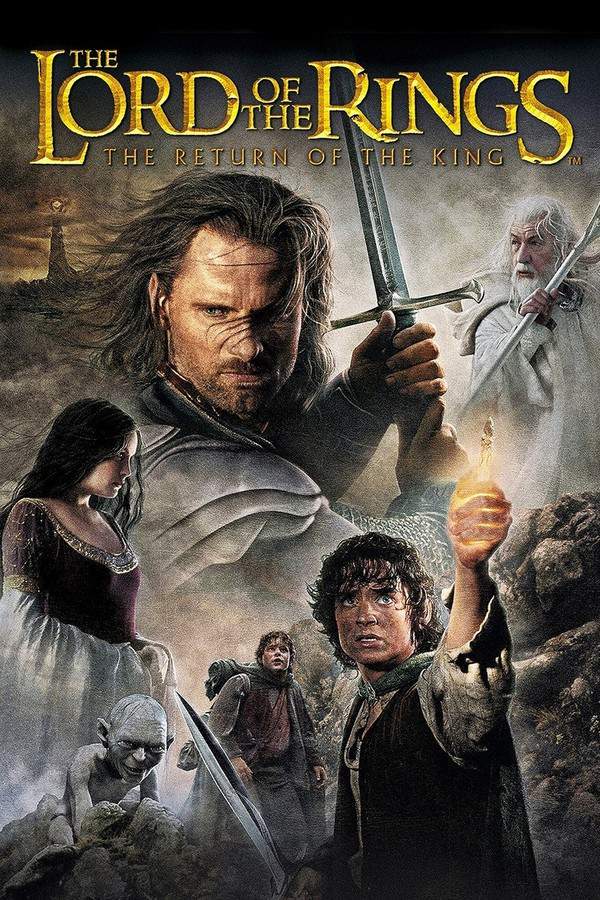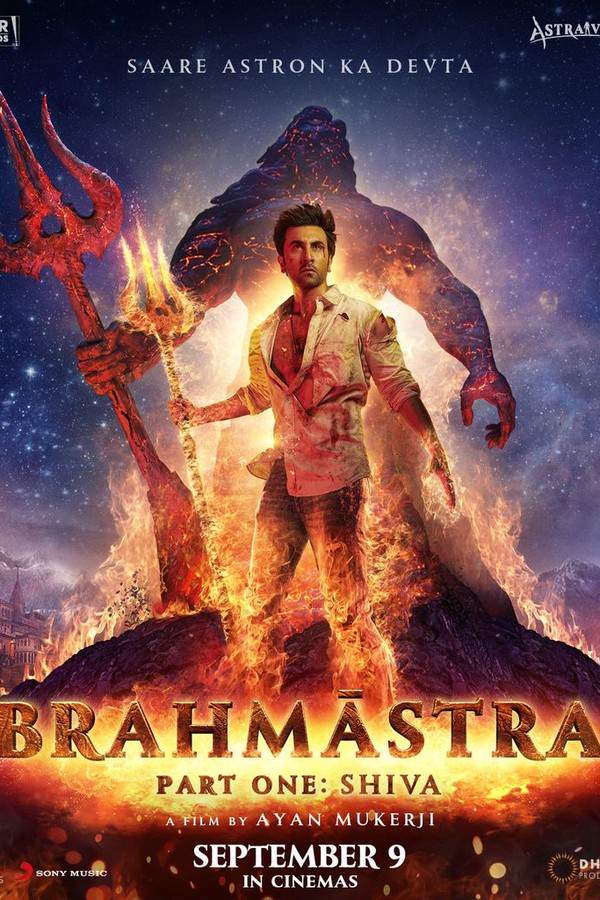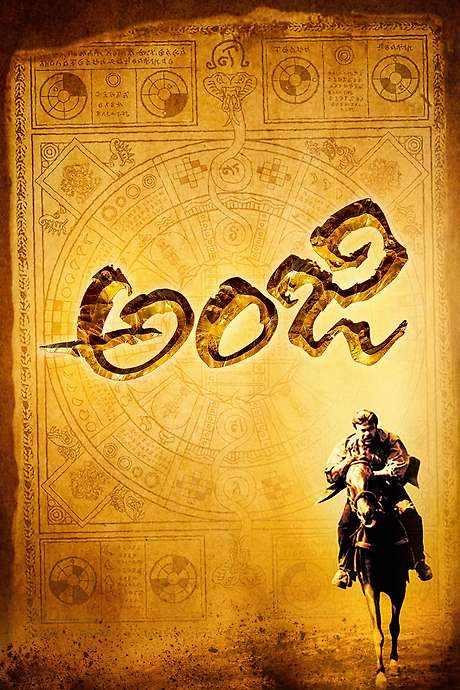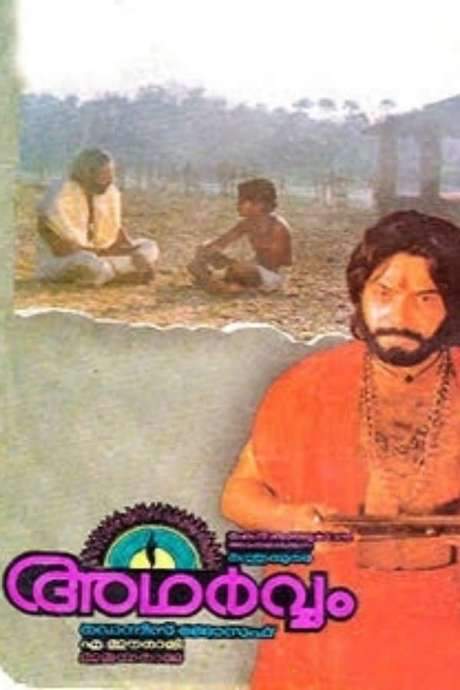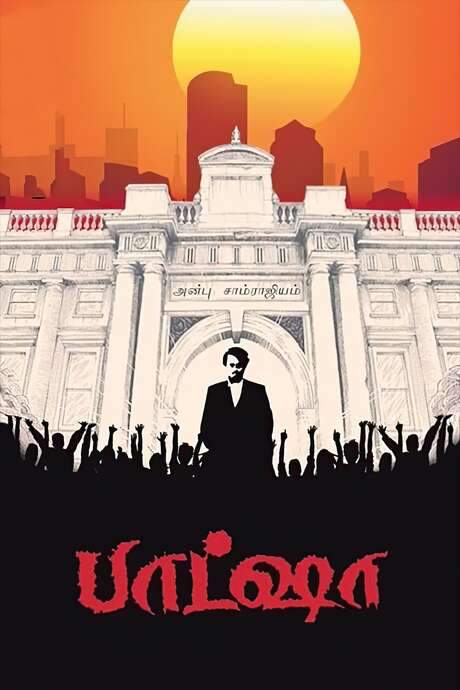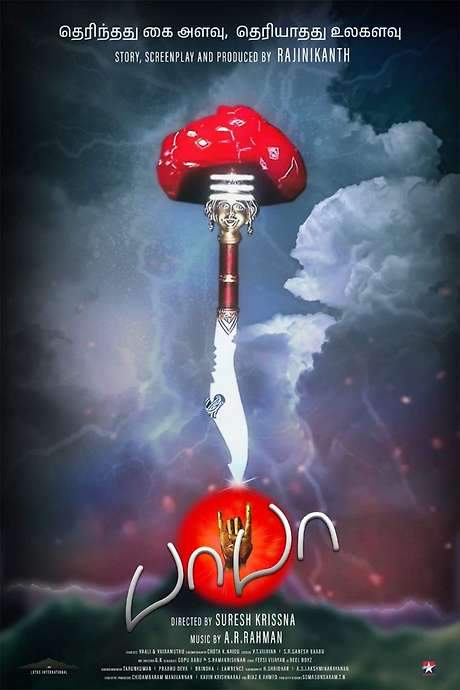
Baba
Year: 2002
Runtime: 160 mins
Language: Tamil
Director: Suresh Krishna
Baba, a staunch atheist who constantly questions the existence of any higher power, is unexpectedly granted divine abilities. Confronted with this new reality, he chooses to channel his powers toward aiding those in need, confronting his skepticism while helping others.
Warning: spoilers below!
Haven’t seen Baba yet? This summary contains major spoilers. Bookmark the page, watch the movie, and come back for the full breakdown. If you're ready, scroll on and relive the story!
Baba (2002) – Full Plot Summary & Ending Explained
Read the complete plot breakdown of Baba (2002), including all key story events, major twists, and the ending explained in detail. Discover what really happened—and what it all means.
The film follows Baba, Rajinikanth, the dramatic reincarnation of a saint who had once served Mahavatar Babaji. Raised as an atheist and a hotheaded young man, Baba nonetheless carries a deep undercurrent of kindness, and his actions gradually reveal a generous, if imperfect, moral compass. He lives a boisterous life marked by alcohol, smoking beedi, and chewing tobacco, yet his mother and his maternal uncle remain devout followers of Babaji, shaping the spiritual thread that threads through his journey. Nearby, Chamundeeswari, Manisha Koirala, initially clashes with Baba but is pulled toward the rhythm of his unorthodox, fearless way of living, and a complicated affection begins to bloom between them.
Trouble erupts when Baba interferes in a land sale involving the son of the Deputy Chief Minister, Ippo Ramaswamy, a powerful political figure at the helm of a party in the ruling coalition. The clash escalates as Ramaswamy’s forces retaliate, demolishing Baba’s neighborhood in a calculated statement. When Baba contemplates a showdown, his mother urges restraint, steering him toward a path of rebuilding rather than revenge. To prove his new priorities, Baba starts working as a laborer in a neighboring shop, earning money to reconstruct the decimated colony. This turn of fate puts Chamundeeswari in a painful position; her mother warns her that marriage to a daily laborer would invite ruin, and Chamundeeswari ultimately tells Baba she cannot marry him as things stand. The revelation hits Baba hard: he has long defined himself by resisting expectations, yet he now faces the realization that he must live for a wife and children—and thus answer to others—if he chooses marriage. In that moment, he questions whether prema (love) is maya (illusion) and ends the relationship, choosing a path of greater responsibility.
A disheveled sadhu, Divyananda Bharathi, arrives with a revelation: it is time for Baba to seek enlightenment. He guides Baba to the Himalayas, where Baba meets Mahavatar Babaji, who tests him by granting seven mantras (five in the remastered version). These wishes can be used at will, but there is a sharp warning: if Baba uses them for personal gain, the karma of rebirth will bind him forever. Baba is sent back to Chennai and, initially, remains skeptical. He tries a small experiment—wishing for a kite to land in his hand—but it seems like a trick of fate. Yet the kite stubbornly follows him to his home, landing in his palm. Thinking it a coincidence, he tests a second kite’s fall, and again the same uncanny result occurs. Chamundeeswari learns from his mother that Baba is the reincarnation of a saint who defied Babaji, and she tries to reconcile with him, only to be met with Baba’s insistence that his heart has changed. This marks a turning point: despite the miraculous appearances of the mantras, Baba remains cautious and tests the others sparingly for ordinary, harmless things. His uncle, who had warned him with his dying breath, urges him to use a mantra to renovate his surroundings—a change that will finally prove the truth of Babaji, and, as predicted, the area flourishes.
Emboldened by these signs, Baba renounces alcohol and adopts a more spiritual life. He reserves the last two mantras for his mother, yet uses the penultimate one to rescue a newlywed Japanese neighbor stricken by food poisoning. News of Baba’s extraordinary power leaks to Ippo Ramaswamy, who senses an opportunity to bend events to his political advantage.
Purushottaman, the sitting Chief Minister, seeks to harness Baba’s power to secure a permanent hold on Tamil Nadu. Baba rebuffs this pressure, even as his friends Annamalai, Perusu, Samundi, and Kathirika press him to claim the state for himself using the final wish. Instead, Baba uses the final wish to elevate Kanthan, a trusted, older party member, to the Chief Minister’s seat, ensuring a majority. This move shifts the political landscape and invites a stern test: Ramaswamy’s father—an elder statesman who once led the party—wants to prove that the older generation still knows best. The stage is set for a dramatic confrontation as Guruji—an orchestrator of dark counter-magic—joins the fray, demanding Baba’s necklace and backbone to nullify the mantras’ effects.
A brutal struggle ensues. Baba’s mother is mortally wounded by Ramaswamy’s men, and Baba himself is knocked unconscious. The attackers set a pyre to finish him, but a temple elephant intervenes, extinguishing the flames and allowing Baba to surge back with renewed force. Just as he stands on the brink of delivering fatal judgment, Divyananda Bharathi steps in again, staying his hand. His mother’s dying wisdom—urging Baba to depart this world and ascend to the Himalayas—cements his resolve to live under Babaji’s tutelage rather than remain entangled in a corrupt, material world.
Yet fate takes a sharp turn when Kandhan, the new chief minister, is assassinated by Ippo Ramasamy’s son. In a powerful moment of conscience, Baba chooses not to retreat into the mountains; instead, he remains in Tamil Nadu, hailed by the crowds who still hope for a leader who will guide them with virtue and compassion.
A note from the 2022 re-release reimagines Baba’s final arc: he ascends to the Himalayas and meets Mahavatar Babaji again, who reminds him that serving his mother is a virtue even more essential than aiding others. Baba learns that he will be reincarnated once more to the same mother, after which he will be allowed to return to the Himalayas.
-
The arc blends mythic trials with grounded personal growth, blending spirituality with social responsibility.
-
The film threads together themes of duty, sacrifice, and the tension between worldly power and spiritual service.
-
Across its events, Baba’s journey moves from reckless independence toward a tempered, compassionate leadership that seeks the common good while honoring the bonds of family and kinship.
Manisha Koirala and Ashish Vidhyarthi deliver pivotal turns within the drama, while Sayaji Shinde and Bharat Dabholkar populate the more formidable political and spiritual confrontations with gravity. The score of the film deepens these contrasts, reinforcing the emotional beats as Baba learns to reconcile power with humility, and as a community learns to trust a leader who fights for justice while resisting the temptations of control. And throughout, the memory of a mother’s love—an enduring compass—guides Baba toward a path that honors both family and the people he seeks to serve.
Last Updated: October 09, 2025 at 15:09
Explore Movie Threads
Discover curated groups of movies connected by mood, themes, and story style. Browse collections built around emotion, atmosphere, and narrative focus to easily find films that match what you feel like watching right now.
Movies about reluctant saviors with divine power like Baba
Stories about flawed individuals unexpectedly burdened with godlike power.If you enjoyed Baba's story of a skeptic grappling with godlike abilities, explore more movies like it. This thread features films about characters unexpectedly given immense power, focusing on their moral struggles, personal sacrifice, and the weight of responsibility. The journey from doubt to reluctant leadership is a central theme in these spiritually complex and emotionally heavy dramas.
Narrative Summary
The narrative follows a character's reluctant transformation after receiving immense power, forcing them to question their core beliefs. Central conflicts involve balancing personal desires with the needs of a community, often leading to profound sacrifice. The journey is less about mastering power and more about accepting the moral responsibility that comes with it.
Why These Movies?
These films are grouped by their shared focus on the psychological and moral toll of power. They blend fantasy or magical realism with deep character drama, creating a unique experience where epic stakes are grounded in a protagonist's internal struggle with faith, duty, and selflessness.
Bittersweet stories with heroic sacrifice like Baba
Journeys where the ultimate victory is tempered by profound personal loss.For viewers who appreciated the emotional depth and costly victory in Baba, this thread gathers movies with similar bittersweet endings. These films feature protagonists who make immense personal sacrifices for a cause, resulting in triumphant yet somber conclusions. Discover other emotionally heavy dramas and epics where hope is hard-won and tempered by loss.
Narrative Summary
Narratives in this thread build towards a climax where the protagonist must choose between personal happiness and a larger duty. Their choice leads to a resolution that benefits others but comes at a great personal cost. The ending is not bleak but bittersweet, acknowledging the victory while honoring the sacrifice.
Why These Movies?
These movies share a specific emotional mix: a hopeful outcome achieved through heavy personal sacrifice. They deliver a powerful, emotionally resonant experience by balancing dark themes with an ultimately uplifting arc, resulting in a conclusion that is simultaneously satisfying and heartbreaking.
Unlock the Full Story of Baba
Don't stop at just watching — explore Baba in full detail. From the complete plot summary and scene-by-scene timeline to character breakdowns, thematic analysis, and a deep dive into the ending — every page helps you truly understand what Baba is all about. Plus, discover what's next after the movie.
Baba Timeline
Track the full timeline of Baba with every major event arranged chronologically. Perfect for decoding non-linear storytelling, flashbacks, or parallel narratives with a clear scene-by-scene breakdown.

Characters, Settings & Themes in Baba
Discover the characters, locations, and core themes that shape Baba. Get insights into symbolic elements, setting significance, and deeper narrative meaning — ideal for thematic analysis and movie breakdowns.

Baba Spoiler-Free Summary
Get a quick, spoiler-free overview of Baba that covers the main plot points and key details without revealing any major twists or spoilers. Perfect for those who want to know what to expect before diving in.

More About Baba
Visit What's After the Movie to explore more about Baba: box office results, cast and crew info, production details, post-credit scenes, and external links — all in one place for movie fans and researchers.

Similar Movies to Baba
Discover movies like Baba that share similar genres, themes, and storytelling elements. Whether you’re drawn to the atmosphere, character arcs, or plot structure, these curated recommendations will help you explore more films you’ll love.
Explore More About Movie Baba
Baba (2002) Scene-by-Scene Movie Timeline
Baba (2002) Movie Characters, Themes & Settings
Baba (2002) Spoiler-Free Summary & Key Flow
Movies Like Baba – Similar Titles You’ll Enjoy
Brahmastra Part One: Shiva (2022) Full Movie Breakdown
Anji (2004) Complete Plot Breakdown
Bhagwaan Dada (1986) Full Movie Breakdown
Om Dar-B-Dar (1988) Story Summary & Characters
Adharvam (1989) Full Movie Breakdown
Baba Yaga Saves The World (2023) Detailed Story Recap
Buddha (1961) Story Summary & Characters
The Seven Tasks of Ali Baba (1962) Detailed Story Recap
Guru (1997) Detailed Story Recap
Baba Amin (1950) Full Summary & Key Details
Baba Keno Chakor (1998) Full Summary & Key Details
Baasha (1995) Complete Plot Breakdown
The Holy Man (1965) Full Summary & Key Details
Baadshah (1999) Spoiler-Packed Plot Recap
The Adventures of Hajji Baba (1954) Movie Recap & Themes



